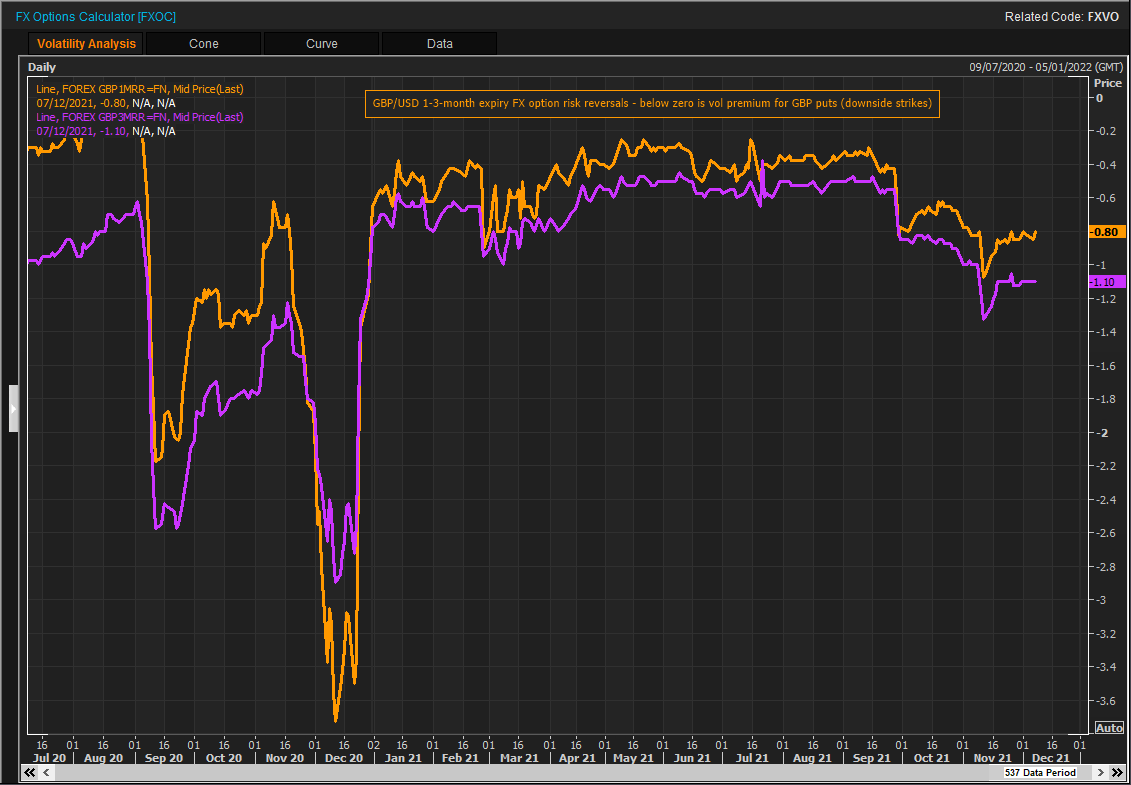
What are the differences between bonds and stocks? Stock markets are unpredictable. Your investments could lose value today but rise tomorrow. Investors often combine bonds and stocks to save substantial amounts and make huge returns. Here are some things to consider when investing in both. But before you invest in one, consider all of the pros and cons. You'll be surprised how many people choose a mixture of stocks and bonds.
Dividends
When it comes time to earn income, investors might not be sure how to choose between bonds or stocks. Stocks can provide higher returns while bonds offer more volatility and lower risks. Dividend-paying companies have strong fundamentals and a commitment to their shareholders. Stocks can still be a viable option for a steady income stream, despite recent volatility and uncertainty. There are varying levels of risk and reward in both stocks and bonds, so it is important to assess your tolerance for risk and time horizon before you decide between the two.

Capital appreciation
When you compare stocks and bonds, you'll see that one is more likely to provide a higher return than the other. Stocks tend to appreciate slowly, while bonds are more volatile. This is because stocks are volatile. They are also vulnerable for negative events such as lawsuits, and laws that can affect the company’s business. Bonds pay a fixed-interest rate, while bonds are more flexible.
Fixed rate of return
Stocks and bond correlations are typically low. Over short periods, the correlations can be positive. Both asset classes suffer when central banks tighten lending policies. While stocks are impacted by rising interest rates, bond prices and yields fall as a result of higher interest rates. This is due in part to slower economic growth and lower earnings. The stock market is susceptible to inflation. It is a good idea to diversify your investments, but you must be aware that there are certain risks and benefits to investing in both stocks and bonds.
IPOs
You may be wondering how IPOs differ from stocks and bonds. While stocks are part ownership of a company, bonds are basically debt. They are sold to investors, and they promise the owner future income if the company remains healthy. The risk of investing in stocks or bonds will determine the possibility for capital gains. Let's take a look at the differences between bonds and stocks to see which is better for you.

Investing in a combination of stocks or bonds
Although both bonds and stocks have their benefits, an asset allocation strategy can help diversify your portfolio to reap the advantages of both. Bonds can be volatile and have risks. Stocks, however, offer long-term growth potential and an income stream. However, the right blend will depend on your goals, risk tolerance, and financial situation. When deciding between stocks or bonds, there are some things you need to keep in mind.
FAQ
Why is a stock security?
Security is an investment instrument, whose value is dependent upon another company. It can be issued by a corporation (e.g. shares), government (e.g. bonds), or another entity (e.g. preferred stocks). The issuer promises to pay dividends and repay debt obligations to creditors. Investors may also be entitled to capital return if the value of the underlying asset falls.
What's the difference between a broker or a financial advisor?
Brokers are people who specialize in helping individuals and businesses buy and sell stocks and other forms of securities. They handle all paperwork.
Financial advisors can help you make informed decisions about your personal finances. They help clients plan for retirement and prepare for emergency situations to reach their financial goals.
Financial advisors can be employed by banks, financial companies, and other institutions. You can also find them working independently as professionals who charge a fee.
If you want to start a career in the financial services industry, you should consider taking classes in finance, accounting, and marketing. You'll also need to know about the different types of investments available.
What is the purpose of the Securities and Exchange Commission
SEC regulates the securities exchanges and broker-dealers as well as investment companies involved in the distribution securities. It also enforces federal securities laws.
How do people lose money on the stock market?
The stock exchange is not a place you can make money selling high and buying cheap. It's a place you lose money by buying and selling high.
The stock market is for those who are willing to take chances. They want to buy stocks at prices they think are too low and sell them when they think they are too high.
They hope to gain from the ups and downs of the market. But if they don't watch out, they could lose all their money.
How does Inflation affect the Stock Market?
Inflation can affect the stock market because investors have to pay more dollars each year for goods or services. As prices rise, stocks fall. It is important that you always purchase shares when they are at their lowest price.
What is a mutual-fund?
Mutual funds are pools of money invested in securities. They allow diversification to ensure that all types are represented in the pool. This helps reduce risk.
Managers who oversee mutual funds' investment decisions are professionals. Some mutual funds allow investors to manage their portfolios.
Because they are less complicated and more risky, mutual funds are preferred to individual stocks.
Are stocks a marketable security?
Stock is an investment vehicle where you can buy shares of companies to make money. This is done by a brokerage, where you can purchase stocks or bonds.
You could also choose to invest in individual stocks or mutual funds. There are more mutual fund options than you might think.
These two approaches are different in that you make money differently. Direct investment allows you to earn income through dividends from the company. Stock trading is where you trade stocks or bonds to make profits.
Both cases mean that you are buying ownership of a company or business. If you buy a part of a business, you become a shareholder. You receive dividends depending on the company's earnings.
Stock trading gives you the option to either short-sell (borrow a stock) and hope it drops below your cost or go long-term by holding onto the shares, hoping that their value increases.
There are three types stock trades: put, call and exchange-traded funds. Call and put options give you the right to buy or sell a particular stock at a set price within a specified time period. Exchange-traded funds are similar to mutual funds except that instead of owning individual securities, ETFs track a basket of stocks.
Stock trading is very popular since it allows investors participate in the growth and management of companies without having to manage their day-today operations.
Stock trading is not easy. It requires careful planning and research. But it can yield great returns. This career path requires you to understand the basics of finance, accounting and economics.
Statistics
- Our focus on Main Street investors reflects the fact that American households own $38 trillion worth of equities, more than 59 percent of the U.S. equity market either directly or indirectly through mutual funds, retirement accounts, and other investments. (sec.gov)
- Individuals with very limited financial experience are either terrified by horror stories of average investors losing 50% of their portfolio value or are beguiled by "hot tips" that bear the promise of huge rewards but seldom pay off. (investopedia.com)
- Even if you find talent for trading stocks, allocating more than 10% of your portfolio to an individual stock can expose your savings to too much volatility. (nerdwallet.com)
- US resident who opens a new IBKR Pro individual or joint account receives a 0.25% rate reduction on margin loans. (nerdwallet.com)
External Links
How To
How to invest in the stock market online
You can make money by investing in stocks. There are many ways you can invest in stock markets, including mutual funds and exchange-traded fonds (ETFs), as well as hedge funds. The best investment strategy depends on your investment goals, risk tolerance, personal investment style, overall market knowledge, and financial goals.
To be successful in the stock markets, you have to first understand how it works. Understanding the market and its potential rewards is essential. Once you have a clear understanding of what you want from your investment portfolio you can begin to look at the best type of investment for you.
There are three major types of investments: fixed income, equity, and alternative. Equity is ownership shares in companies. Fixed income is debt instruments like bonds or treasury bills. Alternatives include commodities, currencies and real estate. Venture capital is also available. Each option has its pros and cons so you can decide which one suits you best.
You have two options once you decide what type of investment is right for you. The first strategy is "buy and hold," where you purchase some security but you don't have to sell it until you are either retired or dead. The second strategy is called "diversification." Diversification involves buying several securities from different classes. For example, if you bought 10% of Apple, Microsoft, and General Motors, you would diversify into three industries. Buying several different kinds of investments gives you greater exposure to multiple sectors of the economy. This helps you to avoid losses in one industry because you still have something in another.
Another important aspect of investing is risk management. Risk management allows you to control the level of volatility in your portfolio. A low-risk fund could be a good option if you are willing to accept a 1% chance. A higher-risk fund could be chosen if you're willing to accept a risk of 5%.
The final step in becoming a successful investor is learning how to manage your money. Planning for the future is key to managing your money. Your short-term, medium-term, and long-term goals should all be covered in a good plan. Sticking to your plan is key! Don't get distracted by day-to-day fluctuations in the market. Keep to your plan and you will see your wealth grow.